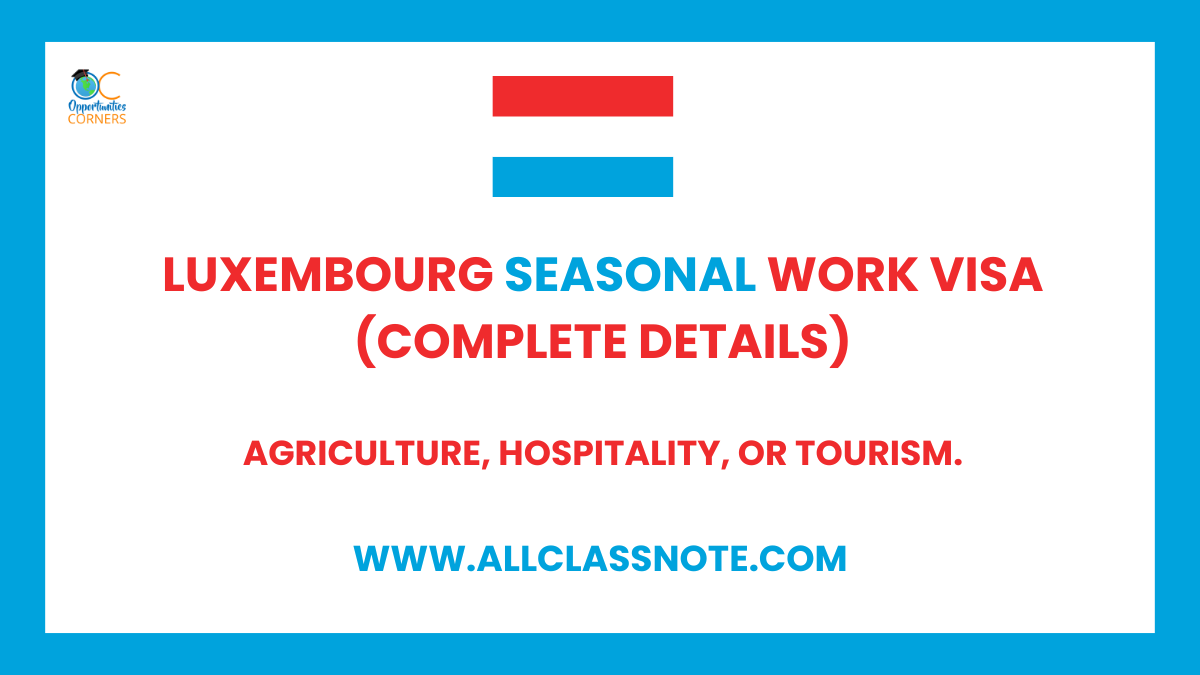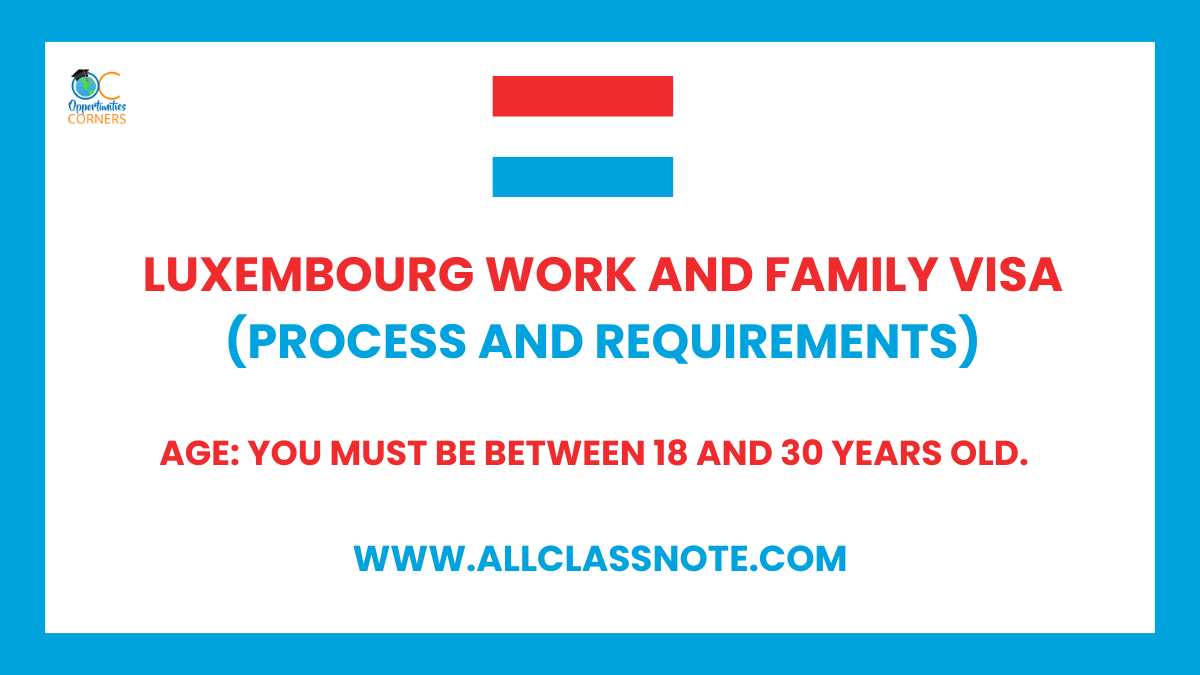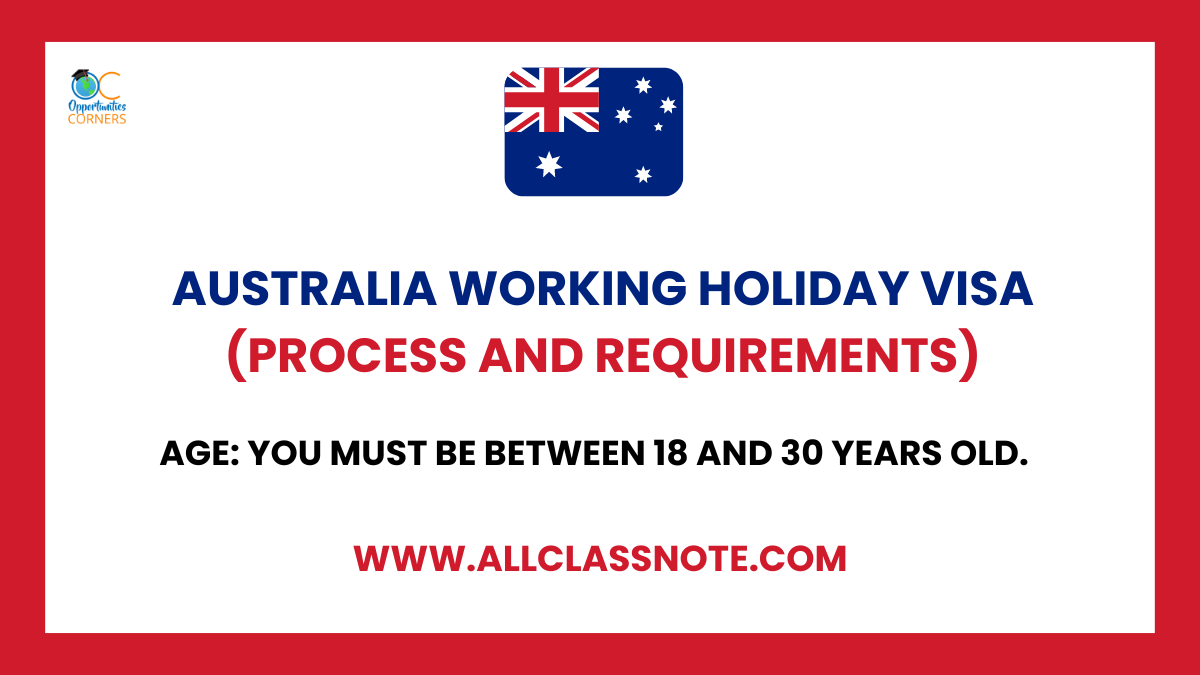Switzerland Work Visa Process 2024: Working in Switzerland offers exciting opportunities for professionals worldwide. However, securing a work visa is a fundamental requirement for employment. This guide aims to provide a clear overview of the work visa application process, eligibility criteria, and useful resources to help you integrate into the Swiss workforce.
Do You Need a Work Visa?
Switzerland, a non-EU member but part of the Schengen Agreement, treats visa requirements differently based on nationality. If you’re from an EU or EFTA nation, you can move and work in Switzerland without the need for a work visa. However, for non-EU/EFTA nationals, the route is a bit more complicated.
Eligibility Criteria
Switzerland is committed to attracting highly skilled and qualified professionals. To be considered for a work visa, you must meet the following criteria:
Professional Qualification: Possess a university degree or demonstrate significant work experience and expertise in your chosen field.
Job Confirmation: Secure a confirmed job offer from a Swiss employer.
Visa Quotas: Ensure that your application aligns with the annual visa quotas established by the Swiss government.
Types of Work Visas: Understanding Your Options
Permit L (Short-term Residence): Initially granted for one year, this visa requires an employment confirmation from a Swiss employer and cannot be extended beyond 24 months.
Permit B (Long-term Residence): Renewable annually, Permit B allows holders to reside and work in Switzerland for an extended period. After residing in Switzerland for ten consecutive years with a B Permit, individuals are eligible to apply for a C Permit.
Permit C (Permanent Residence): Granting the ultimate freedom, Permit C holders can work for any employer and reside anywhere within Switzerland.
Application Process Explained: A Step-by-Step Guide
Secure Employment: Locate and secure a job offer in Switzerland, ensuring your employer is willing to sponsor your visa application.
Gather Documentation: Compile all necessary documentation for your work visa application, including proof of qualifications, work experience, and financial means.
Employer-Initiated Residence Permit: Your employer will initiate the application process for your residence permit in Switzerland.
Work Visa Application: Submit your application for a Swiss work visa at the Swiss embassy, consulate, or through VFS Global in your respective country.
Where do I look for visa Sponsorship Jobs?
Switzerland hosts numerous global enterprises known for their work visa sponsorships. A few prominent names include:
- Nestle
- Novartis
- Roche Group
- Glencore
- Adecco
- United Nations
- World Health Organization
- World Trade Organization
- CERN
- ETH Zurich
Conclusion: Embarking on a professional journey in Switzerland can be an enriching and rewarding experience. By carefully planning, understanding the visa requirements, and following the outlined application process, you can increase your chances of successfully obtaining a work visa and establishing a fulfilling career in Switzerland.
Related Posts:
- Japan Work Visa Process 2023 – Embark on a Thriving Journey
- US H1B Visa Process 2023 (How You can Apply)




